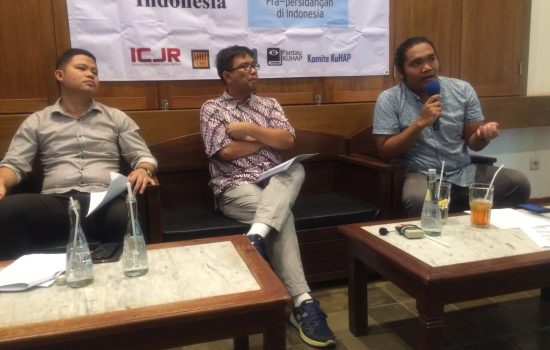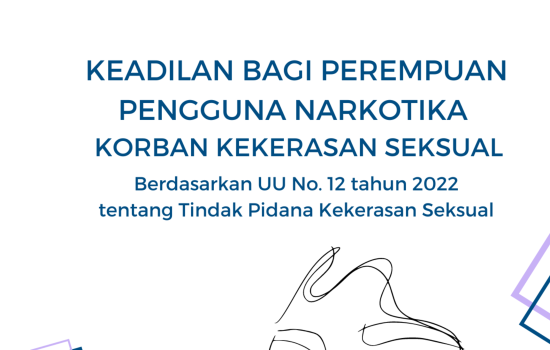The trajectory of the death penalty in 2022 is characterized by two patterns. First, like in previous years, death penalty is used as a populist narrative, as if countries implementing death penalty have succeeded in dealing with crimes. In 2022, this narrative surfaced in the handling of sexual violence cases. The death penalty, as the most masculine punishment, is used as a catchphrase, keeping us distracted from the root causes of sexual violence which is the ignored patriarchal culture that endorses completely unsafe spaces for vulnerable people. It has blurred the focus of handling crimes by highlighting punishment, rather than eliminating the root causes, let alone strengthening the rights of victims and their families. The other crime, which is the narcotics offense, remains the same and is the wide cases that use the death penalty, without a clear purpose on what it is intended to protect. There is also a narrative on the use of death penalty for corruption, which similarly distracts us from the root causes and does not protect anyone.
The second pattern is a shift, albeit “slightly”, in the politics of the law of the death penalty in Indonesia. With the enactment of the New Criminal Code on December 6, 2022, the Government and Parliament through Article 67, Article 98, and Article 100 introduced new arrangements on the death penalty. The death penalty is no longer a main punishment but a special/alternative punishment, meaning that it must always be used as an alternative sanction together with other types of punishments and mandatory followed by a 10-year delay of execution, which is referred to as the probation period. This new provision will also apply to people who are already on death row, in accordance with the legal principle contained in both the Old Criminal Code currently in force and the New Criminal Code, which will only take effect in January 2026. The legal principle defines that where there is a change in the law after the act has been committed, the provision that is most favorable to the defendant shall be applied.
Those two patterns, indeed, contrast each other, but what we have to promote is the second pattern, which is the changing of politics of law of the death penalty. This is a baby step that must be sthrengthened by urging the government to voice that there will be no more prosecutions of death penalty because, after all, the government will focus on the commutation of the death penalty for all people on death row.
Please access the document in here




